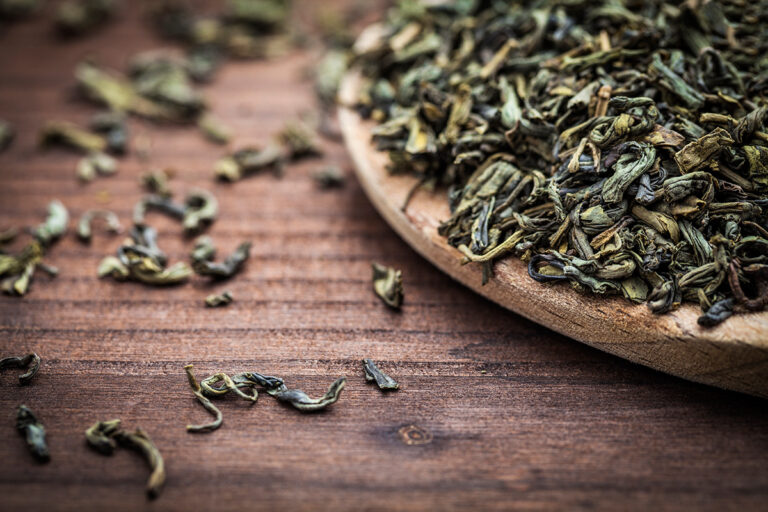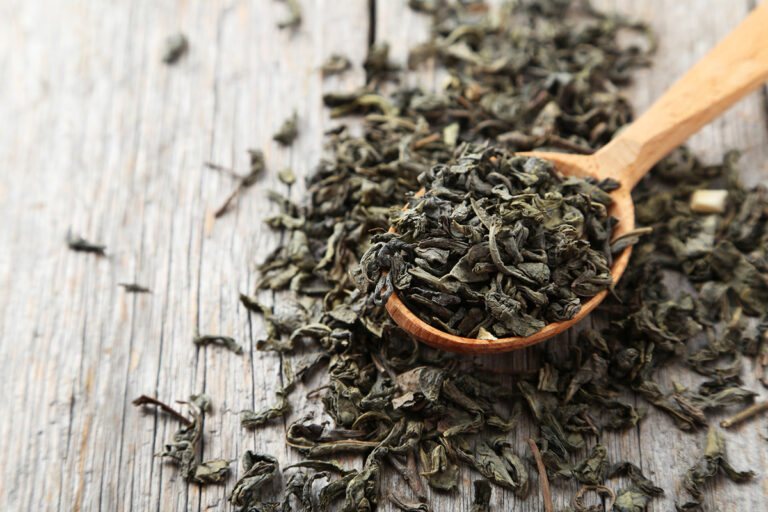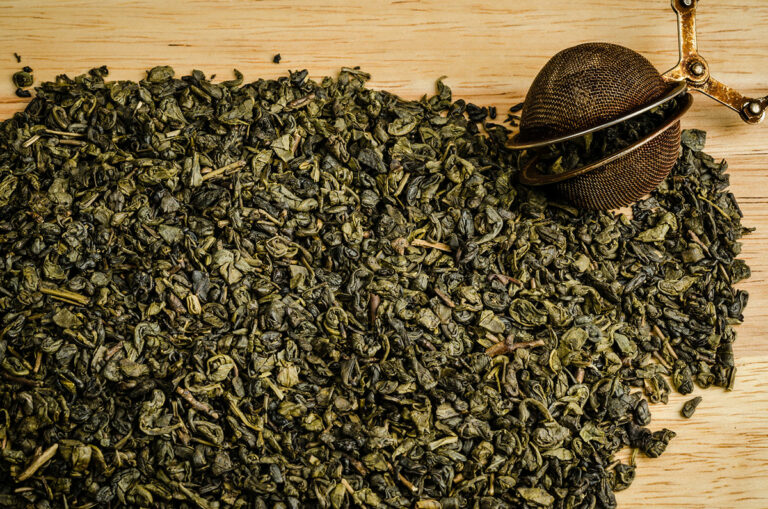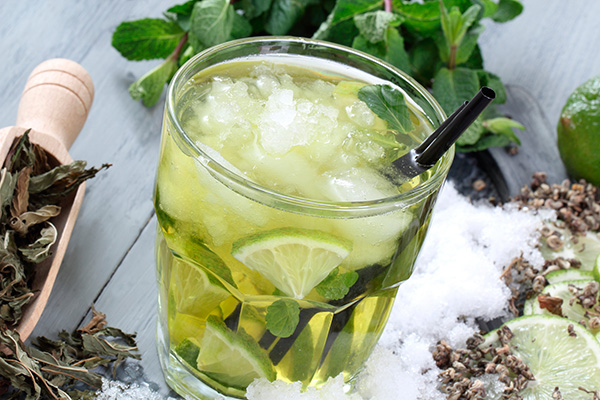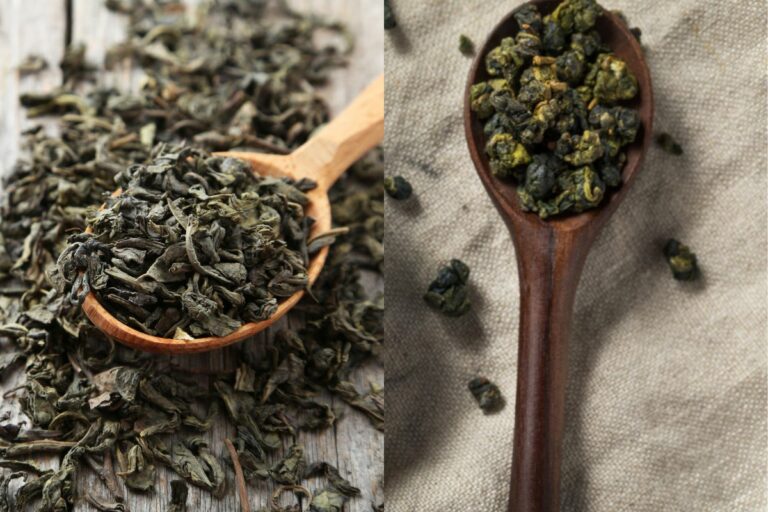Can Kids Drink Green Tea?
Green tea has been consumed for centuries due to its numerous health benefits, ranging from antioxidant properties to aiding in weight management.
While adults have been enjoying these benefits, the question arises: can kids drink green tea as well? Kids can drink green tea in moderation, but it is not recommended for toddlers due to its caffeine content. For children aged 12 and older, it is advised to limit their caffeine intake, including green tea, to no more than 100 milligrams (2 to 3 standard 8-oz cups) per day. Decaffeinated green tea or herbal tea alternatives can be a safer option for children.

Benefits of Green Tea
Green tea is packed with antioxidants, specifically catechins, which can help protect the body against various diseases. The tea also contains small amounts of vitamins and minerals, making it a valuable addition to a healthy diet. Some of the main benefits of green tea include:
- Antioxidant Properties: Green tea can help to neutralize harmful free radicals in the body, reducing oxidative stress and the risk of developing chronic illnesses.
- Heart Health: Green tea has been linked to improved heart health by reducing cholesterol and blood pressure levels.
- Weight Management: Some studies suggest that green tea can help to boost metabolism, making it a popular choice for those looking to lose weight or maintain a healthy weight.
Can Toddlers Drink Green Tea?
When it comes to toddlers, caution is necessary. Green tea contains caffeine, which is not recommended for young children. Caffeine can have several negative effects on toddlers, including:
- Sleep Disruptions: Caffeine can interfere with a toddler’s sleep patterns, making it harder for them to fall asleep and stay asleep.
- Hyperactivity: Caffeine can cause restlessness and hyperactivity in young children, making it difficult for them to concentrate and sit still.
- Nutrient Interference: Consuming caffeine at a young age may interfere with the absorption of essential nutrients like calcium, which is crucial for a toddler’s growth and development.
Due to these potential risks, it is generally advised against giving green tea to toddlers.
At What Age Can a Child Drink Green Tea?
As children grow older, their bodies become more capable of processing caffeine. However, it is still crucial to exercise caution when introducing green tea to their diets. The American Academy of Pediatrics (AAP) recommends that children under the age of 12 should avoid consuming caffeine altogether. For children aged 12 to 18, the AAP suggests limiting caffeine intake to no more than 100 milligrams per day.
Green Tea Alternatives for Kids
If you’re looking to introduce the health benefits of green tea to your child’s diet without the risks associated with caffeine, there are a few alternatives to consider:
- Decaffeinated Green Tea: Decaffeinated green tea contains most of the same health benefits as regular green tea, but with the majority of the caffeine removed. This can be a more suitable option for children, particularly if consumed in moderation.
- Herbal Teas: Herbal teas, such as chamomile or rooibos, are caffeine-free and can provide various health benefits. These teas can be a great way to introduce your child to warm beverages without the risk of caffeine exposure.
Tips for Introducing Green Tea to Children
If you decide to allow your child to consume green tea once they’re old enough, here are some tips to ensure a safe and enjoyable experience:
- Start with Small Amounts: Begin by offering your child small servings of green tea and gradually increase the amount over time. This will allow their body to become accustomed to the tea and its effects.
- Monitor for Side Effects: Keep an eye out for any signs of caffeine sensitivity, such as sleep disturbances or increased irritability. If these symptoms occur, consider reducing the amount of green tea or switching to a decaffeinated alternative.
- Choose High-Quality Tea: Opt for high-quality, organic green tea to ensure that your child is consuming a pure and safe product. Lower-quality teas may contain pesticides or other harmful substances. Here are some of the best options to consider.
- Avoid Green Tea Supplements: Green tea supplements often contain concentrated amounts of caffeine and other compounds, making them unsuitable for children. Stick to brewed green tea for a safer option.
- Educate Your Child: Teach your child about the benefits and potential risks of green tea consumption. Encourage them to make informed decisions about their beverage choices as they grow older.
Conclusion
While green tea offers various health benefits, it is not recommended for toddlers due to its caffeine content. For children aged 12 and older, it is advised to limit their caffeine intake, including green tea, to no more than 100 milligrams per day. If you want to introduce your child to the benefits of green tea without the risks associated with caffeine, consider decaffeinated green tea or herbal tea alternatives.
Always exercise caution when introducing new foods or beverages to your child’s diet and monitor for any adverse effects. By following the tips provided in this article and staying informed about the latest nutritional guidelines, you can make informed decisions about whether green tea is an appropriate addition to your child’s diet.

